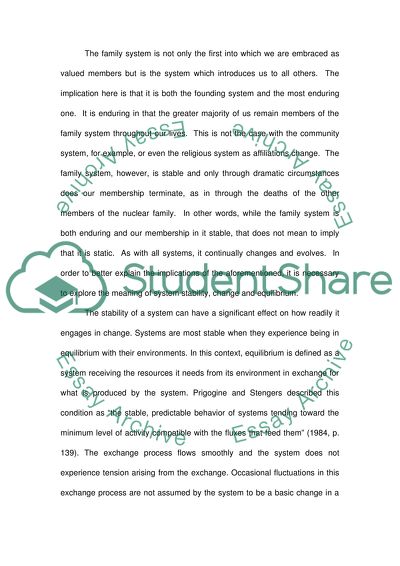Order out of Chaos Essay Example | Topics and Well Written Essays - 750 words. https://studentshare.org/sociology/1527258-social-work-family
Order Out of Chaos Essay Example | Topics and Well Written Essays - 750 Words. https://studentshare.org/sociology/1527258-social-work-family.


